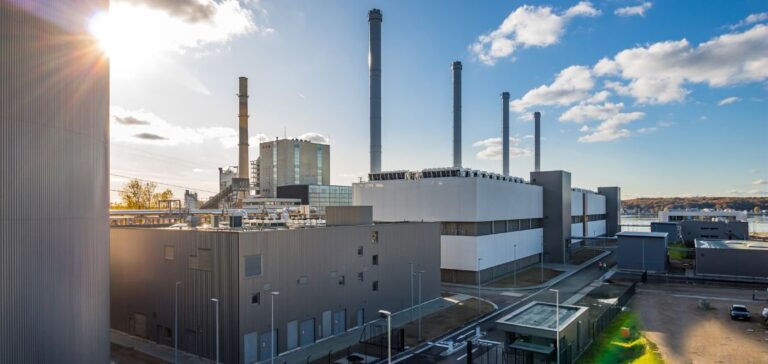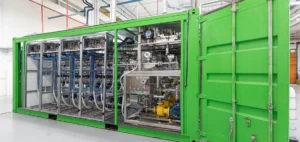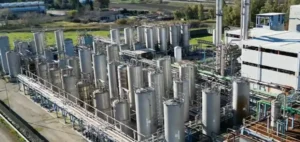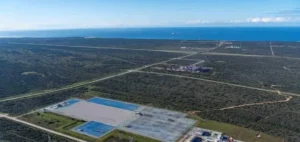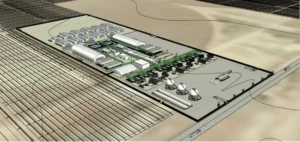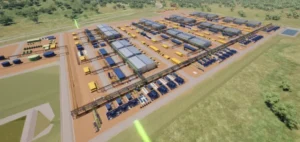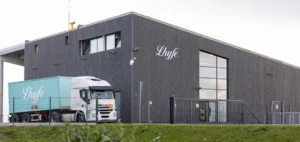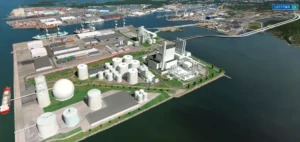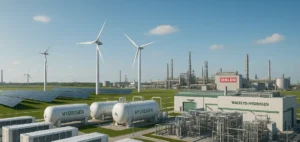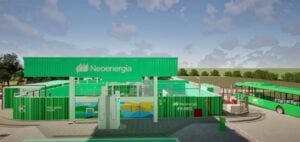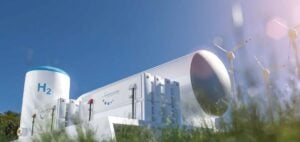Germany, in response to growing pressure from the industry, has announced the launch of an ambitious tender for the construction and modernization of hydrogen-ready gas-fired power plants. The plan, scheduled for late 2024 or early 2025, aims to add 12.5 gigawatts (GW) of energy capacity to complement wind and solar power and accelerate the transition to low-carbon power generation.
The Ministry of the Economy has specified that the tenders will include two phases for the construction of new hydrogen-ready gas-fired power plants, each phase for a capacity of 5 GW. In addition, 2 GW will be allocated to retrofit older gas-fired power plants for hydrogen use, 0.5 GW for long-term storage and 0.5 GW for fully hydrogen-powered plants.
Subsidies and investment costs
To encourage the transition, Germany will subsidize the investment costs and operational cost differences between hydrogen and natural gas, guaranteeing compensation for 800 hours of full charging per year once the conversion to hydrogen has been completed. This initiative aims to reduce costs and make the use of hydrogen economically viable for energy producers.
Michael Lewis, CEO of Uniper SE, said the company was ready to take part in future discussions and commit to the program, provided the conditions were right. RWE AG, Germany’s largest electricity producer, also expressed optimism about the imminent launch of the first tenders, while awaiting detailed specifications for analysis.
Preparation and Industrial Pressures
Georg Stamatelopoulos, CEO of EnBW Energie Baden Wuerttemberg AG, stressed the importance of communicating details of the auction design to potential bidders in good time, mentioning that participation in an auction requires a certain amount of preparation and that there is considerable time pressure.
The plants will be built mainly in southern Germany, where much of the country’s industrial complex is located. This strategic location is designed to improve network stability and reduce costs.
Outlook and Regulations
Last month, Germany obtained informal approval from the European Union to pay billions of euros in subsidies for these power plants. This decision is part of a wider strategy to gradually replace coal-fired power plants with cleaner alternatives, in line with the country’s environmental objectives.
By embarking on this path, Germany is strengthening its position as a leader in Europe’s energy transition, while responding to industry’s pressing need for clear guidelines and financial support for innovative technologies.
This initiative represents a significant step towards achieving Germany’s climate ambitions, while providing a clear roadmap for the integration of hydrogen into the national energy mix.

